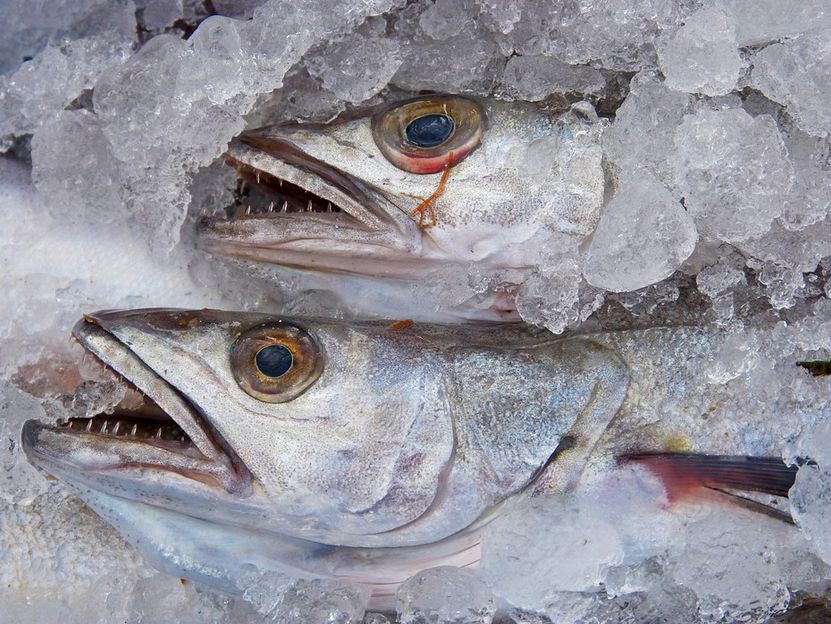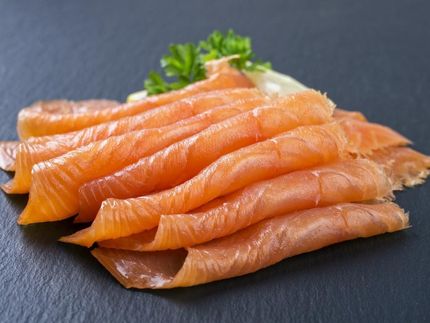NABU exits certification process for New Zealand Hoki
Advertisement
NABU and the NABU International Foundation for Nature Conservation today declare their withdrawal from the certification process of the Marine Stewardship Council (MSC) to the New Zealand Hoki. "Hoki fishing in New Zealand is demonstrably unsustainable and does not deserve the MSC seal. The fact that the fish has nevertheless been recertified speaks for the incredibility of the seal and once again reveals the frequently criticised weaknesses of the evaluation system, particularly with regard to sustainability, the protection of endangered species and process transparency," says Thomas Tennhardt, NABU Vice President and Chairman of the NABU International Foundation for Nature Conservation.
Hoki, also known as blue hake, is a deep-sea fish caught in New Zealand waters and sold in large quantities to Germany. According to NABU International, his certification ignores scientific studies and internal government reports which prove that the catch of this fish species in New Zealand has been subject to illegal practices such as discards, catches in breeding areas and false catch data for many years.
"In particular, the protection of sensitive habitats and the by-catch of protected species speak against a renewed MSC certification of the Hoki. We have made these grievances extensively clear to the certification agency as part of the MSC process," said Barbara Maas, Head of International species protection at NABU International Nature Conservation Foundation. Every year, around 222 sea bears died as by-catch in fishing nets. The bycatch of other endangered species such as albatross, basking shark and dolphin, including the acutely endangered Hector and Maui dolphins, is not or not reliably recorded. The sharp decline in the population of the target species itself is also incompatible with certification. "Under these circumstances, it is impossible for NABU to participate professionally in MSC certification," said Maas.
In addition, almost all data used in the Hoki stock assessment come from the fishing industry rather than from independent scientific institutions and are therefore unreliable. "NABU and NABU International demand that fisheries monitoring and research be placed in independent and credible hands so that the MSC label is what it promises: evidence of sustainably caught fish. The fact that certification agencies are not commissioned and paid for by the fishing industry itself, but can act impartially and independently towards it, is a basic prerequisite for a credible seal," said Maas.
The decision by NABU and the NABU International Foundation for Nature Conservation to withdraw from the MSC certification process is part of a growing wave of public criticism of the fish seal. At the beginning of the year, an international coalition of 66 scientists, institutions and associations publicly criticised the MSC for its certification practice. 82 associations from all over the world, including the NABU International Foundation for Nature Conservation, have joined together in the coalition "Make Stewardship Count" with the aim of demanding urgently needed reforms from the MSC.
More information:

makamuki0/ Pixabay
-
With a value of more than 130 million euros last year, the Hoki is New Zealand's most important export fish.
After China, Australia, Poland and France, Germany is the fifth largest importing country for Hoki from New Zealand, with 3,300 tonnes of imported Hoki worth almost 10 million euros in 2017.
In Germany, the MSC seal enjoys a market share of around sixty
with around 5,000 fish products, from fillets to cat food.
The restaurant chain McDonald´s is the most important wholesale customer for Hoki from New Zealand worldwide.





























































